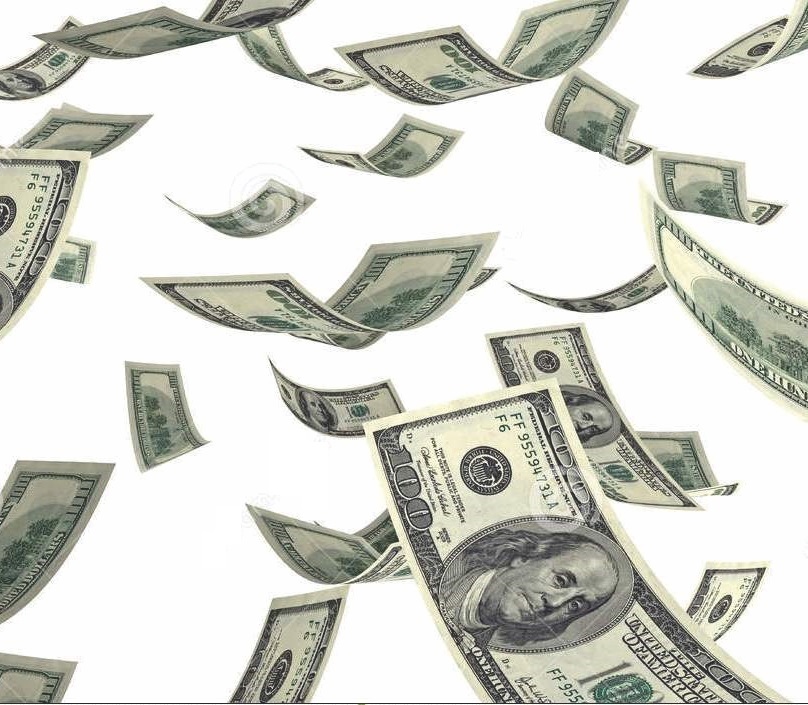 |
| Share Market , Tax & Tax Exemption |
Hello,
I am sure you are
much more excited to know more about investment and share market. You must have
gone through the first and the very much important article named as Top Key Terms in the Share Market. If not make
sure to get through with it. These are the common terms used for each and every
small description about investment in the share market. Certainly we can come
up with investment plan and manage personalized risk factor as well you know more about it
stay with us subscribers and keep reading for upcoming articles.
We are going to discuss one of the marvelous benefits of
investing in share market which is not volatile but it is guaranteed! And guess
what? It is saving your tax! Are you
surprised? Then keep your fingers crossed! We are going to learn about saving
income tax by investing in share market in this article.
Let's have a look at few fundamental things to know more
about saving income tax and investing in the share market. Share market is
something that allows you to invest for short term or long term basis.
Long term capital gain:
When you purchase shares and keep it in your trading account
as your holding for more than 12 month then this type of holding period in
equity market is called as long term investment the gain on the profit on
selling the stocks the share after a period of 1 year is called as Long term
capital gain.
Short term capital gain:
However when holding period for equity is called as short
term when stocks are held for less than 12 months of time period obviously
profit on selling the shares within the period of 1 year is called as short
term capital gain.
Treading & Intra-Day Treading:
Buying and selling of shares is called as trading. When this
trading is done within the daytime of share market is often referred as
intraday.
Speculative business income:
Trading income received from intraday trading is considered
under A category speculative business income this kind of income is taxed as
per your individual Income Tax slab as per financial budget India 2017
Non speculative business income:
Non Speculative business income is profit or loss from
future and options trading.
Taxation & Share Treading:
As now we are done with keys for discussing Income Tax
related to trading, let's have a look at how it is charged.
1.
Short term capital gain for trading within a
period of one year or less and individual must pay 15% o tax. It is not allowed
to upset short term losses against salary income or business income. Short term losses cannot be carried forward
in the next financial year as well. Irrespective of your individual Tax slab
one have to pay 15% capital gain tax for short term training.
2.
Long term capital gain there is no tax on long
term capital gain. Yes! This is absolutely true! If you are able to
hold your shares for a period of 1 year or more benefits achieved after selling
these stocks is absolutely tax free as per Indian Budget 2017. Long term
capital loss cannot be carried forward in the next financial year. Individual is not allowed to off set long term
capital gain tax law lost against salary income or business and income.
3.
Speculative business income achieved from
intraday trading will be taxed as per individual tax slabs. One has to keep oneself updated with every
year financial budget to know more details about that class for particular
financial year.
4.
Non speculative business income often help for a
longer period of time. Examples of few
other non speculative business income
are income from rent or selling other products etc. This is once again taxed as
per individual Tax slab non speculative losses can be carried forward for next
8 years.
Taxation on Dividends:
Dividend
received is absolutely tax free!!! But if Net amount of LTCG is more than 1 lack in financial year 2018-19, overall income will be taxed 10% as per Budget 2018. Read here for more updates!
Company
already completes formalities regarding ‘dividend distribution tax ’to the
government and then only deposit into the shareholders account. In turn, you
have already paid tax on it before it credits in your bank account.
However
if the dividend income is above 10 lacks then it is taxable to 10%
So conclusion is to get income absolutely tax-free:
1.
Invest for a period of minimum 1 year and more
than that this will make you exempted from capital gain tax
2.
Keep enjoying dividend absolutely free of tax!
Happy trading. Stay
connected.
